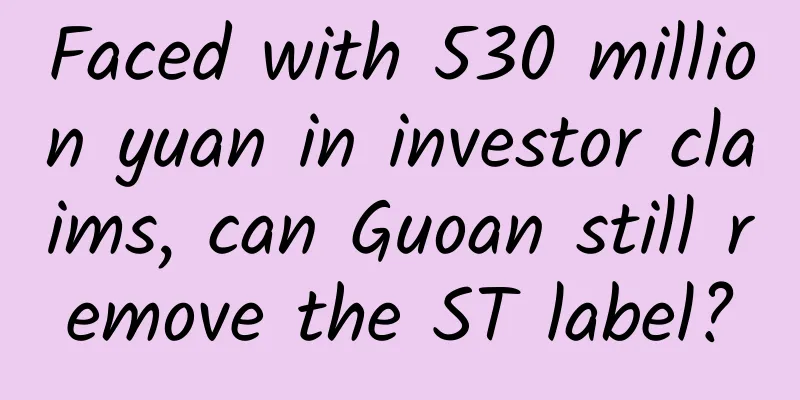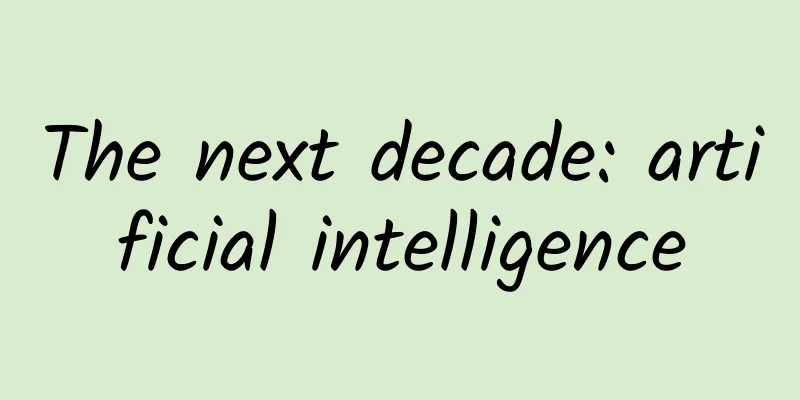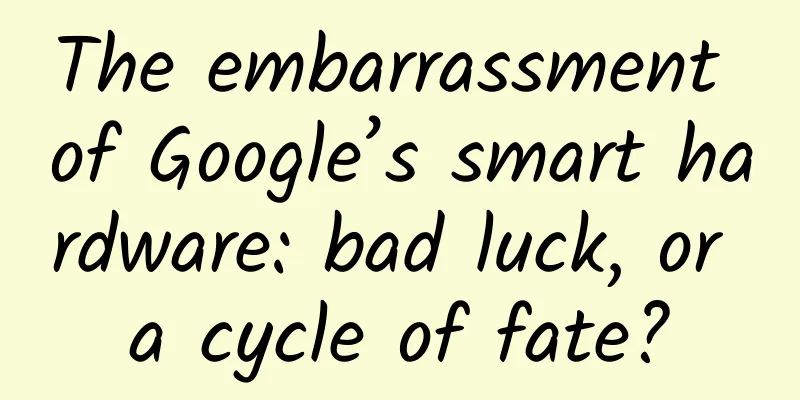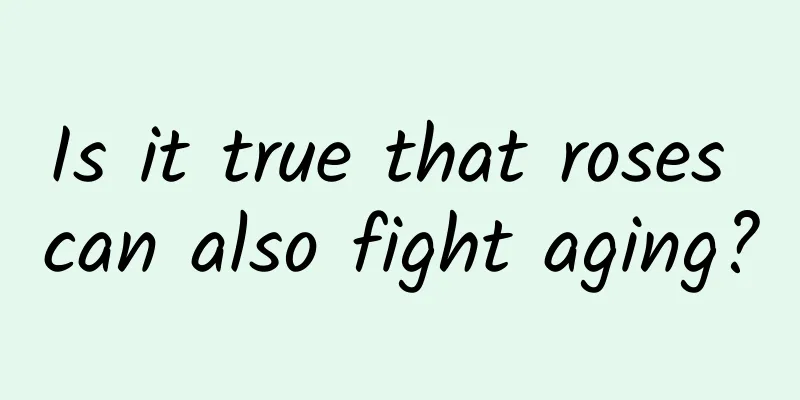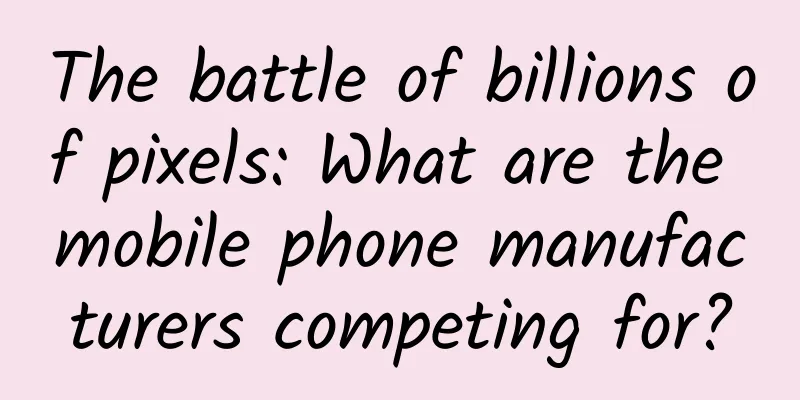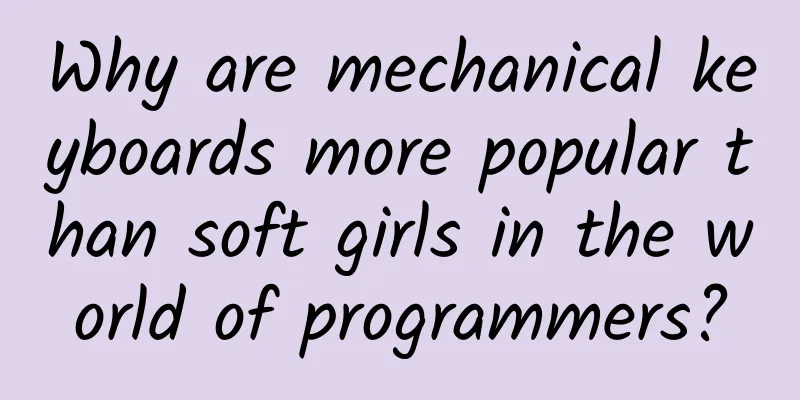Keep these 3 money-saving tips in mind to help you control your spending (theoretically)
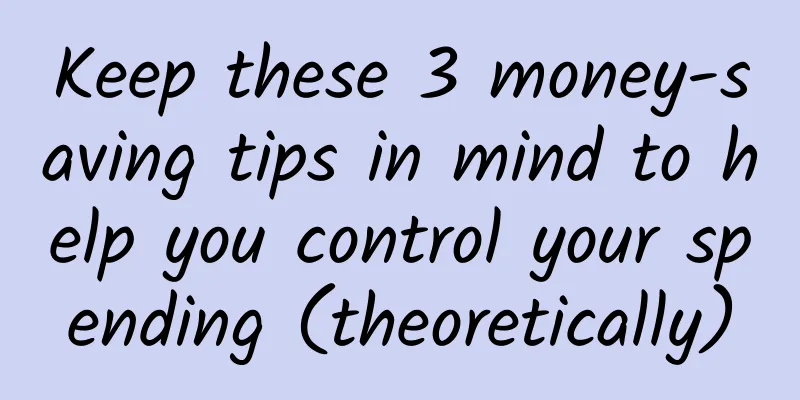
|
At this point...how are your wallet and hands? Throughout the year, businesses are trying every way to use consumer psychology to get money out of your pocket. In addition to the current "618" and "Double Eleven", there are many other reasons: Women's Day, buy; mid-May, buy; September 9 school back-to-school promotion, buy; the end of the year, you've been busy all year, buy, buy... Under such waves of attacks, it is getting harder and harder to control your hands. Well, this article will teach you three tricks to use their own weapons to attack their shields: teach you how to see through merchants' consumer traps, and help you easily (theoretically) control your own shopping habits. Eat something good before opening the shopping app It is necessary to eat something good - well, especially before you open the shopping app, eating something good (even just a little bit first) may help you make a calmer purchasing decision. When people are hungry, they are more likely to make irrational decisions. For example, they may buy on impulse those things that they “can choose to buy or not” or “I’ll feel great if I buy them, and I’ll cry when I see the bill.” Two researchers from the Department of Psychology at the University of Dundee found in a 2019 study that hunger can make people less rational, less patient, and more likely to be tempted by small gains and give up greater rewards in the future. The 50 volunteers who participated in the experiment were randomly divided into two groups. The fasting group needed to fast for 10 hours in advance, while the control group needed to fast for 2 hours in advance. During the experiment, participants needed to complete 35 choices, including money, food, and music. For example, "Would you rather get $10 now, or $20 after N (hours/days)?", "Would you rather have 5 chocolates now, or 10 chocolates after N (hours/days)?" Hungry people are less willing to wait. References [1] The results showed that hungry people tend to make more unwise choices when faced with choices. For example, in order to get more food, the control group was willing to wait an average of 35 days, but those in the fasting group who were hungry for 10 hours were only willing to wait for 3 days. When people are hungry, they are willing to wait for food for less than 1/10 of the time they are not hungry. Not only food, but also money and other items, hungry people will be more irrational and less willing to wait for future value. For example, the control group was willing to wait for future money for an average of 90.3 days, while the fasting group was only willing to wait for 40.2 days, less than half of the former. This type of "delay discounting" problem is essentially about how much people will discount the value of the future. If we make rational decisions, 10 chocolates or 20 dollars in the future will definitely be more valuable, but how long are people willing to wait, or how long will it take for 20 dollars to be equivalent to 10 dollars now? What is the difference in this time for hungry and less hungry people? This is the question that researchers are concerned about. In reality, this type of question can also become: Do you want more satisfaction at this moment, or a more benign financial plan? When hungry, people are more inclined to behave irrationally - since shopping apps still need to be used, before facing the temptation of overwhelming items, you might as well eat something good first, calm yourself down, and it’s not too late to make a purchasing decision. Make a shopping list, preferably on paper Another method is to take a piece of paper, make a "must-buy list", and then go shopping according to the list. In this day and age, isn’t it easier to make a list on your phone? Of course, making a list on your phone is effective, but research shows that writing it down on paper is more effective. Two researchers from Drexel University's Lehman College of Business found that paper shopping lists are much more effective than electronic shopping lists. Their experiment was divided into two stages: In the first stage, participants were asked to make a shopping list. They were randomly divided into two groups. One group made the list on paper, and the other group made the list on their mobile phones. They were then asked to upload the shopping lists. In the second stage, participants need to complete their shopping according to the shopping list within three days and upload the receipt. By comparing shopping lists, researchers found that the number of items listed on paper shopping lists was more than that on electronic lists. The paper group listed an average of 7.8 items, while the electronic group listed an average of 5.96 items. However, the items listed in the electronic group had stronger hedonic properties than those listed in the paper group (for example, candy has more hedonic properties than eggs). In other words, people listed more "things they should buy" on paper lists, but more "things they want to buy" on electronic lists. By comparing their shopping receipts, the researchers found that there was no significant difference in the types of goods and total amount purchased by the two groups of participants. However, the paper group followed their shopping plans better, and 91% of the items they purchased were listed on the list, while only 67% of the items purchased by the electronic group were originally listed. In other words, although people listed fewer things on the electronic shopping list, they were less willing to follow it when it came to execution, and were more likely to buy extra things. Everyday experience tells us that it is better to make a plan than not to make a plan. A simple plan can help people achieve their goals better. For shopping, making a "must-buy list" can also help us better know what to buy and what not to buy - how strictly can you follow it? Part of it depends on the individual, but the other part is something you can control: if you are willing to spend a little more time writing this must-buy list on paper, you can control your hands and your wallet more. Beware of these time-wasting games: Plant fruit trees, raise chickens or cats on the farm to share the red envelopes Have you ever planted a fruit tree on a shopping or food delivery app? At first, out of curiosity, you tapped a few times to water it, and the seeds quickly sprouted, grew leaves, bloomed, and bore fruit. After that, the fruit matured more slowly, and you had to punch in at a fixed time every day to receive water drops, sunlight, or fertilizers. How do you get them? Buy something or order food delivery on the designated page. Recently, you may have noticed that some businesses have launched a "Raise a cat and get a red envelope" game. Who can resist the temptation of cats? How do cats grow up? You need to feed cat coins. How do you get cat coins? Check in every day, complete tasks, and of course, the fastest way is to "place an order". So, in order to see the cat grow faster, you sign in every day, browse the shopping page, and maybe accidentally place an order... The cat's level is getting higher and higher, from a junior pastry chef to a kebab chef, the props and clothes are getting more and more fancy, and the red envelopes you get on the platform are getting bigger and bigger (more than two yuan!)... But wait, where's my money? You may have thought: it’s a bit troublesome, and it’s not much money, so why not just give up; but then you think: I’ve earned more than two yuan in red envelopes, and the cat has grown so well, that’s the result of my hard work feeding the cat every day, I still have to persevere to the end! ——The merchants take advantage of this mentality of yours: in addition to being reluctant to give up the discounts you have already obtained (it seems like a loss if you don’t take advantage of the bargains), you are also reluctant to give up the sunk costs you have already invested. A paper published in Management Science in 2020 studied this psychology. Researchers from California Institute of Technology and Georgetown University first sent two research assistants to the door of a cake shop to hand out questionnaires to people waiting in line, asking questions such as "How many cakes do you plan to buy?" and recorded how long the line was at the time to determine how long consumers had been waiting. The results showed that the longer the waiting time, the more cakes consumers intended to buy - compared with those who did not have to queue, those who had to queue for 20 minutes and 40 minutes bought an average of 16.2% and 35% more, respectively. The latter bought more than one-third more. This is actually the "sunk cost" at work. Consumers feel that they have waited in line for so long and spent so much time, how can they justify their time if they don't buy more? "Sunk costs" are "costs that have been lost and cannot be recovered" and are historical costs. As a rational person, you should not consider their significance when making subsequent decisions. Just like queuing to buy cakes, no matter how long the queue is, the original demand of consumers is actually fixed (just eat this many), so the purchase quantity should not increase with the increase of the queue time - but in reality, people often find it difficult to get rid of the influence of sunk costs and make some irrational behaviors, that is, "buy too much". So, next time when you encounter the “planting fruit trees” or “raising cats game”, give yourself an instruction: be alert and don’t play. (I don't mean to say cats are bad) Finally, there are studies showing that… Spending money hurts. But in the era of electronic payment, people are spending money less and less, and the amount spent seems to be just an abstract number. They no longer feel the pain of "handing over the money in real terms" as in the past, so they are more likely to spend money like water. The good news (?) is that you still have the opportunity to feel this kind of pain. Psychologists have done experiments and found that when you receive a bill, the pain caused by the activation of the insula is similar to that of being hit. So, when you have nothing to do, you can also take a look at your WeChat bills to calm down... References [1]Skrynka, Jordan, & Benjamin T. Vincent. (2019). Hunger increases delay discounting of food and non-food rewards. Psychonomic Bulletin & Review, 26(5), 1729-1737. [2]Huang, Yanliu, & Zhen Yang. (2018). Write or Type? How a Paper versus Digital Shopping List Influences the Way Consumers Plan and Shop. Journal of the Association for Consumer Research, 3(3), 396-409. [3] Ülkü, Sezer, Hydock, Chris, & Shiliang Cui. (2021). Making the Wait Worthwhile: Experiments on the Effect of Queueing on Consumption. Management Science, 66(3), 1149-1171. [4]Quispe-Torreblanca, Edika G., Stewart, Neil, Gathergood, John, & George Loewenstein. (2019). The Red, the Black, and the Plastic: Paying Down Credit Card Debt for Hotels, Not Sofas. Management Science, 65(11), 5392-5410. Author: Taro Editor: Maiya Yang |
>>: When returning home for the Spring Festival, beware of carbon monoxide poisoning!
Recommend
How to make your marketing reach high-value people on Zhihu?
Zhihu is a platform that brings together a group ...
Chinese Valentine's Day short video advertising marketing promotion!
That’s right, the annual Dog Abuse Festival is co...
Experts use UC information flow, how to deliver UC headlines?
Mobile information flow ads have been very popula...
If there is a prototype of the Red Coast Base in "The Three-Body Problem", it may be hidden in this coniferous forest.
When you think of the mysterious "Red Coast ...
A ready-to-use product analysis framework
This is an original article about product analysi...
Upgrading to iOS 10.3: iPhone has 7.8GB more space
For those Apple fans who use 16GB or 32GB iPhones...
Popular Science | Using good methods to draw a "grain" landscape, from knowing how to plant to "smart" planting - Dialogue with Professor Ma Jun, a rice cultivation expert
Seeds are the chips of agriculture and the founda...
The full screen bomb is playing crazy WeChat Android version 8.0 beta version is here, download attached
WeChat seems to prefer iOS. The latest version is...
What does Tik Tok musician mean? Introduction to knowledge about Tik Tok musicians
There are many musicians on the Tik Tok short vid...
IDC: "Out of stock" has once again become the norm in the domestic tablet market
At noon today, the latest tablet quarterly tracki...
Curious: Why do people like to work in coffee shops?
In life, there are always many people who carry n...
How to plan an effective sales meeting plan?
The so-called sales meeting, as it clearly means ...
Internet celebrity marketing: How to solve the problem of keeping Internet celebrities fresh?
The speed at which Internet celebrities are repla...
Xie Mengyuan Magic English: 28G zero-based English course download (phonetic pronunciation + elementary grammar + intermediate grammar) Baidu cloud download
This course is Xie Mengyuan's English for beg...
Marketing Promotion: How does "Coco Tree Coconut Juice" use negative marketing?
A few days ago, the new advertising packaging of ...

